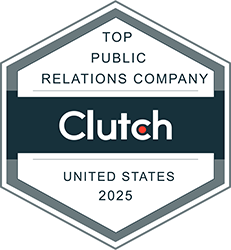Earlier this week, BIGfish President Dave Gerzof Richard spoke at the Clean Tech Open Northeast’s workshop, “The Market and Getting To It: Finding and Targeting Your Niche.” The event was held at the British Consulate’s offices in the Cambridge Innovation Center.
Dave spoke to workshop attendees about developing the strategic framework to bring cleantech companies, as well as their products and services, to market. Using three case studies –B2C, B2B2C and B2B – Dave highlighted the marketing strategy in one main slide:
| How You Sell | How You Tell |
| 1. Cheaper | 1. Cleaner |
| 2. Better | 2. Better |
| 3. Cleaner | 3. Cheaper |
Cleantech entrepreneurs must analyze their business models and company offerings based on the criteria of “Better, Cleaner, Cheaper” for two reasons:
- Venture capitalists. This group will certainly not invest money in cleantech that costs more than its value proposition is worth. Venture capitalists need to be pitched and persuaded with the strongest arguments and proof of a new cleantech product’s value. At the end of the day, their goal is to yield a high return on their investment. Investors should be kept in mind when developing the messages of “How You Sell.”
- Consumer behavior. Generally, people do not purchase more expensive products based on the product’s environmental benefits. While the “green” trend is growing, consumers still make buying decisions based on price first. The end user of the product needs to be kept in mind when developing the message of “How You Tell.”
Check out these “Cliffs Notes” examples from David’s presentation of how other companies have met the challenge of the “Better, Cleaner, Cheaper” strategy:
Method
Cleaner: Method products remove the risks of bringing toxins into the home.
Better: While all ingredients that go into Method products are all-natural, they perform as well as or better than competitive, toxic products.
Cheaper: Method products are below or at the same price as other home cleaning products.
Ambient Devices
Cleaner: Controls the grid more efficiently, eliminating the need for additional power plants.
Better: Easier to use for both the utility and end user – no worries about hitting peak demands for the utilities, and saves money for consumers.
Cheaper: Keeps costs down for utility customers by optimizing time-of-use billing and saves money for the utilities.
GreatPoint Energy
Cheaper: GreatPoint Energy converts coal, which is inexpensive, into natural gas, which often comes at a much higher price.
Better: Instead of trucking coal to cities, GreatPoint gasifies it and pipelines it to cities, a much more efficient process.
Cleaner: Eliminates the need for burning coal on the outskirts of cities and hauling it in; GreatPoint’s natural gas is so clean, it can be burnt in a home kitchen.



